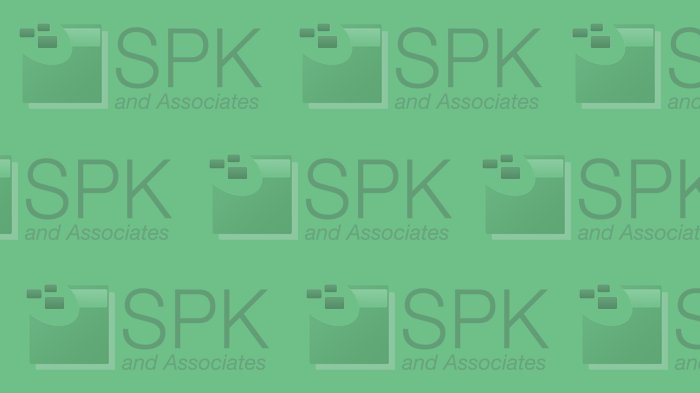Now it’s time to look at some of the server side configurations. The first step is to configure reverse proxy for the HTTP services. These services live on hosts that sit in the DMZ.
A proxy is very simple to configure and allows a lot of flexibility to grow over time in size and complexity. Here’s a quick how-to doc.
Let me know if you have any questions.
Andrew
Subscribe to our blog to learn more about server configuration management and other SPK and Associates IT services.







